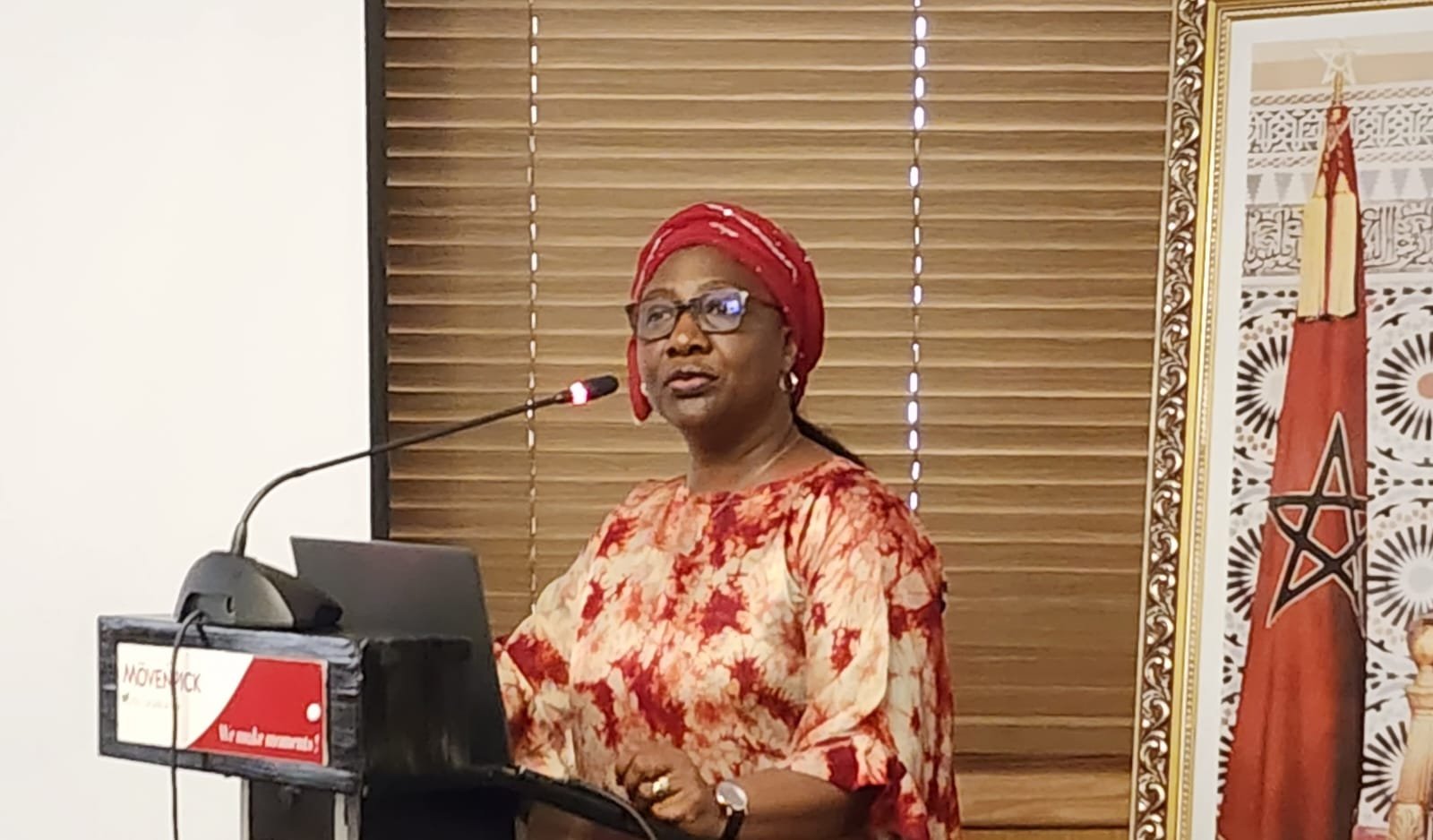The African Union Development Agency-NEPAD (AUDA-NEPAD) has expressed concern that while 65% of the total workforce in Africa is in the agriculture sector, the intra-African exports stand at just about 25%.
“Although agriculture remains a mainstay for the majority of Africa’s workforce, its growth is yet to match the ambitions of eradicating hunger and malnutrition,” says the AUDA-NEPAD Director of Agriculture, Food Security and Environmental Sustainability, Estherine Lisinge-Fotabong.
Speaking when she represented the AUDA-NEPAD Chief Executive Officer, Nardos Bekele-Thomas, at the 14th Africa Day for Food and Nutrition Security (ADFNS) and the 19th edition of the CAADP Partnership Platform (PP) and the Malabo Policy Learning Event (MAPLE), Lisinge-Fotabong is calling for heightened collaboration among governments, regional bodies, and private sectors to “revolutionize trade and ensure healthier diets for our citizens,” she said and urged for collective commitment to the vision of a prosperous, integrated, and food-secure Africa.
She said that Africa Day for Food Nutrition Security (ADFNS) serves as a beacon, “that keeps urging the continent to address nutrition as a development imperative,” Lisinge-Fotabong said and added that, “notable focus should be on critical periods such as the first 1000 Days from conception, which heavily influences lifelong well-being of the population.”
She noted that AUDA-NEPAD’s Home-Grown School Feeding (HGSF) initiative is a testament to the profound impact of a well-structured program that links school feeding to agricultural development, “fulfilling multiple objectives, from bolstering local agriculture to enhancing school attendance and retention.”
The theme, “Accelerating the implementation of the African Continental Free Trade Area Agreement in the context of CAADP Commitments for Safer and Healthier Diets,” she said, echoes the evolving needs and aspirations of our continent, “This convergence underscores the importance of economic growth, intra-African trade, and access to nutritious food in the framework of global trade and agriculture,” said the Director of Agriculture, Food Security and Environmental Sustainability.
The Africa Continental Free Trade Area (AfCFTA), she added, offers a historic prospect for Africa to bolster its economies, enhancing trade and development, while leveraging on the Comprehensive Africa Agriculture Development Program (CAADP) framework, which envisions hunger and food insecurity eradication.
She expressed concern that despite the vast resources on the African continent, Africa still grapples with the triple burden of malnutrition, “affecting our present and future generations,” she said and called for a conducive political environment, that ensures cross-sectoral alignment in policies related to nutrition, and delivering targeted nutrition interventions effectively.
The changing consumption patterns, mainly due to the emergence of a growing middle class, poses new challenges and opportunities, Lisinge-Fotabong calls for enhancing of capacities and learning from both the successes and failures while promoting regional integration for economic growth, improved trade and an integrated continent.
“Our focus should not waver from the primary goal of ensuring that every African has access to safe and nutritious food by harnessing the potential of the AfCFTA and CAADP, and grounding our actions in nutrition-sensitive strategies,” she noted.





